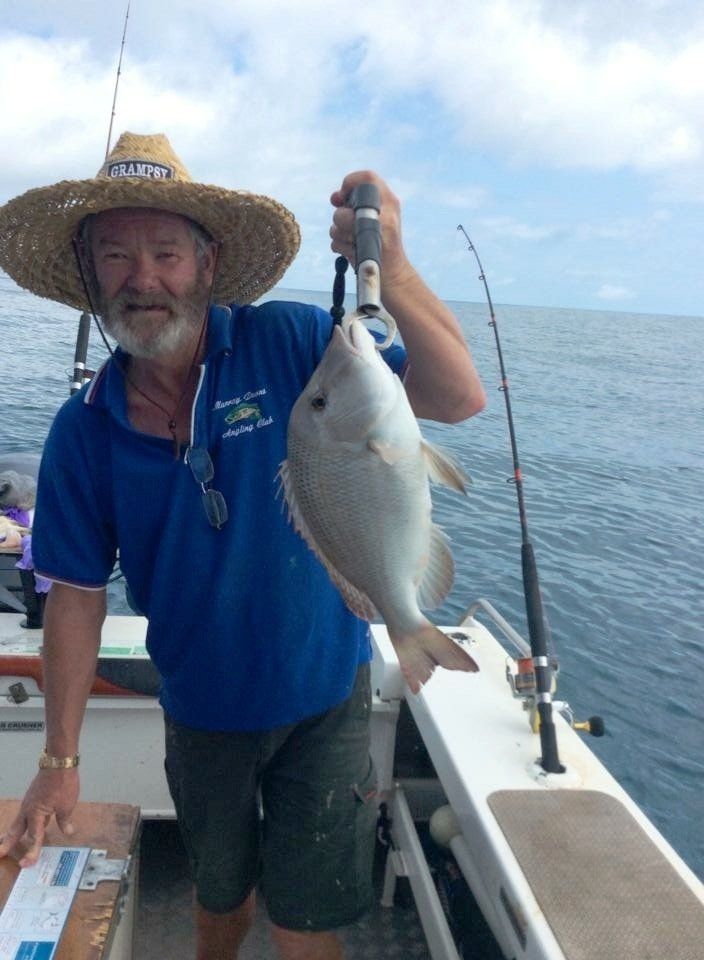The Journey Through Retirement
There is an old saying: Old Accountants don't die, they just lose their balance!!
Whether or not this is true, we all come to a stage in our lives where contemplating life after work is part of our psyche.
After having spent many years working with clients, most of whom are friends, formulating plans for business handovers to the next generation, it has always been a topic in which I have been heavily involved.
Probably the most oft asked question I have heard is: " How much money will I need to retire?"
My reply is always the same: "How long are you going to live?"
Most major life-changing events such as marriage or divorce, involve an ongoing process of adjustment. Retirement is no exception. Marriage, divorce and other family related family-emotional issues have been the focus of decades of research and analysis by both clinical therapists and religious institutions. Unfortunately, the emotional and psychological frontier of retirement has remained virtually unexplored until recently. However, while research on this subject has barely begun, it is clear that the psychological process of retirement process follows a pattern similar in nature to the emotional phases accompanying other areas of transition.
Geoff of the Coast of WA near Broome after hauling in a snapper
Retirement: The Final Frontier
Retirees must face what is essentially the last transition in their lives. The first transition comes when we leave the security of home to begin our school life in kindergarten, and after school we have the rest of the day to ourselves. Another major transition comes when we join the working world. Now we work all week but still have the weekend to ourselves. Then finally comes retirement, a time when careers are over and the work is done. Retirees have the rest of their lives to themselves. The transition into retirement can be broken down into six main phases.
1. Pre-retirement Planning Time
During the working years, retirement can appear to be both an oncoming burden and a distant paradise. Workers know that this stage of their lives is coming, and do everything they can to save for it, but often give little thought to what they will actually do once they reach the goal. The current demands that are placed upon them leave them little time to ponder this issue. Many people face retirement like a player on the football ground who dodges and weaves his way through one defender after another until reaching the inside fifty and shoots for goal. It's hard for many workers to think seriously about what their lives will be like in 20 or 30 years when they are trying to stay on top of their mortgage, put their kids through school, and have some fun in the meantime. They want to kick the goal, but other issues will tackle them long before then if they don't take immediate action.
2. The Big Day Smiles, Handshakes, Farewells
By far the shortest stage in the retirement process is the actual cessation of employment itself. This is often marked by some sort of dinner, party or other celebration, and has become a rite of passage for many, especially for those with distinguished careers. In some respects, this event is comparable to the ceremony that marks the beginning of a marriage.
3. Honeymoon Phase I'm Free!
Of course, honeymoons follow more than just weddings. Once the retirement celebrations are over, a period often follows where retirees get to do all the things that they wanted to do once they stopped working, such as travel, indulge in hobbies, visit relatives and so on. This phase has no set time frame and varies depending upon how much "honeymoon" activity the retiree has planned.
4. Disenchantment: So this is it?
This phase parallels the stage in marriage when the emotional high of the wedding has worn off and the couple now has to get down to the business of building a working relationship together. After looking forward to this stage for so long, many retirees must deal with a feeling of letdown, similar to that of newlyweds who must get down to the business of living once the honeymoon is over. Retirement isn't a permanent vacation after all; it also can bring lowliness, boredom, feelings of uselessness and disillusionment.
5. Reorientation Building a New Identity
Fortunately, the letdown phase of retirement doesn't last forever. Just as married couples eventually learn how to live together, retirees begin to familiarize themselves with the landscape of their new circumstances and navigate their lives accordingly. This is easily the most difficult stage in the emotional retirement process and will take both time and conscious effort to accomplish. Perhaps the most difficult aspects of this stage to manage are the inevitable self examination questions that must be answered once again, such as "Who am I, now?", "What is my purpose at this point?" and "Am I still useful in some capacity?" New and satisfying answers to these questions must be found if the retiree is to feel a sense of closure from his or her working days.
But many retirees cannot achieve this and never truly escape this stage - make sure you do!
6. Routine Moving On
Finally, a new daily schedule is created, new marital ground rules for time together versus time alone are established, and a new identity has been at least partially created. Eventually, the new landscape becomes familiar territory, and retirees can enjoy the last phase of their lives with a new sense of purpose.
Conclusion
Life planning is an important key to successful retirement. Workers that have given serious time and thought to what they will do after they retire generally experience a smoother transition than those who haven't. Dreams and goals that cannot be achieved with a single trip or project may translate into long term part time employment or volunteer work. But it is never too soon to begin mapping out the course of the rest of your life.
As with all emotional processes that can be broken down into separate phases, it is not necessary to completely achieve one phase before beginning another (except, of course, for the actual cessation of employment). But virtually all retirees will experience some form of this process after they stop working. Their ability to navigate these uncharted waters will ultimately determine how they live the last phase of their lives.






